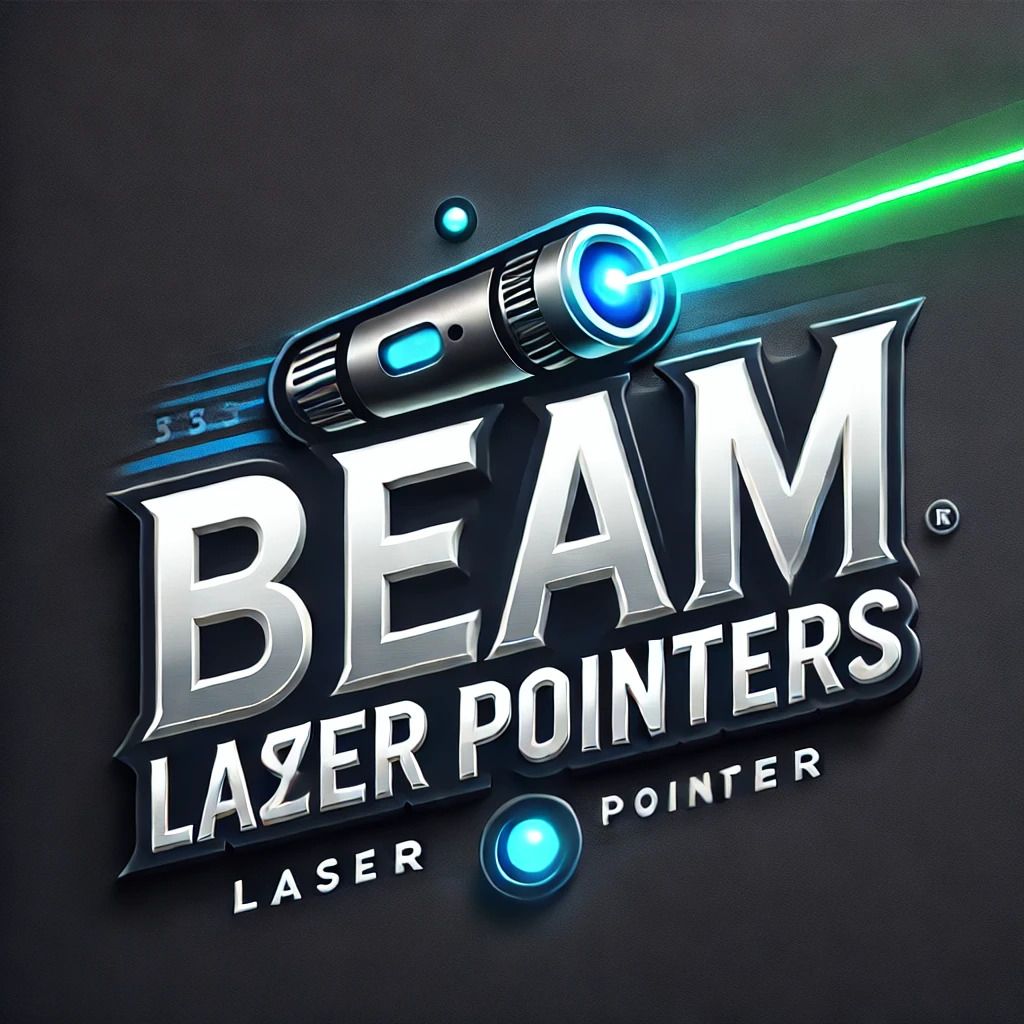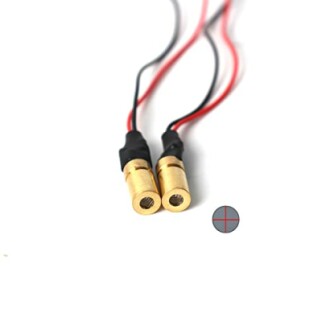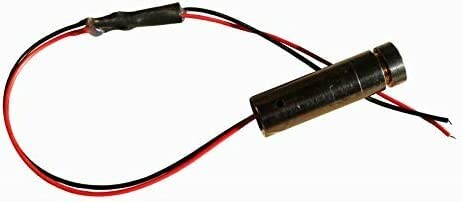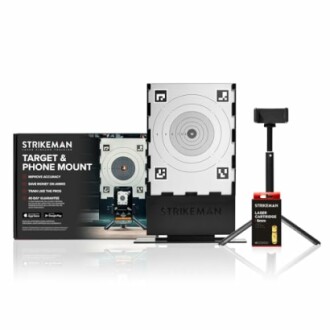
Use Cases for Industrial Laser Pointers
Key Takeaways
- Industrial laser pointers are beneficial for precision and efficiency in various applications.
- They are used in project management to streamline workflows and improve communication.
- Different types of lasers serve specific purposes, from aiming to positioning and testing.
- Understanding the characteristics of each type can enhance workflow effectiveness.
Laser pointers have evolved far beyond their once simple functions. In industrial settings, they are essential tools that contribute to precision, efficiency, and safety in project planning and management. In this article, we will explore various use cases for industrial laser pointers and how they optimize workflows across different sectors.
1. Aiming and Positioning
One of the primary applications of laser pointers is in aiming and positioning tasks. Here are some instances where this application is particularly beneficial:
- Construction Projects: Lasers help in aligning structures, walls, and other components accurately.
- Manufacturing:** Laser pointers ensure precise assembly of parts, enhancing the quality of the final product.
- Medical Device Calibration: In the medical field, lasers assist in the accurate positioning of devices for surgeries and therapies.
Example Product: 650nm Red Light Laser Module
650nm Red Light Laser Module
A reliable tool for pinpoint positioning in various settings, featuring adjustable focal length and durable construction.
Learn More2. Laser Testing Tools
Laser pointers can serve as testing tools across many industries, providing quick and accurate results.
- Electrical Testing: They are frequently used to check alignment in electrical installations.
- Quality Control: In manufacturing, lasers assist in inspecting the assembly and ensuring that products meet specified standards.
Example Product: Laser Module Blue Laser Diode 450nm
Laser Module Blue Laser Diode 450nm
An efficient laser diode module ideal for quality control and testing applications in various settings.
Learn More3. Enhancing Project Planning
Using laser pointers in project management allows teams to visualize layouts and plan effectively.
- Site Surveying: Lasers aid in surveying land and gathering geographical data.
- Space Planning: They help create accurate layouts for spaces, aiding architects and designers in the planning phase.
4. Training and Safety
Laser pointers are used in training modules for safety protocols and operational procedures.
- Operational Training: Workers can learn how to operate machinery safely with visual aids created by lasers.
- Emergency Procedures: Lasers can pinpoint exits and safety equipment locations during emergency drills.
Example Product: Strikeman Dry-Fire Laser Training System
Strikeman Dry-Fire Laser Training System
A comprehensive training system that promotes safe and effective shooting practice, perfect for enhancing skills.
Learn More5. Versatility Across Sectors
Laser pointers are versatile and find applications in various sectors:
| Industry | Application | Benefits |
|---|---|---|
| Construction | Aligning structures | Accuracy and Speed |
| Manufacturing | Quality control | Reducing errors |
| Healthcare | Device positioning | Enhanced Precision |
| Education | Visual aids for teaching | Effective Learning |
Conclusion
As we've seen, industrial laser pointers offer a myriad of benefits across different use cases, from positioning to testing and training. Their versatility makes them invaluable tools in various industries, helping professionals achieve greater precision and efficiency in their work. Understanding these applications allows businesses to leverage laser technology effectively, driving success in project management and operations.
Tips for Choosing the Right Industrial Laser Pointer
- Understand the specific needs of your projects to select the appropriate type of laser pointer.
- Look for features such as adjustable focus and power output that meet your requirements.
- Ensure the laser is built with durable materials for long-term use in industrial environments.
- Consider safety features to protect users and comply with industry regulations.
- Always read product reviews and specifications before purchasing.






